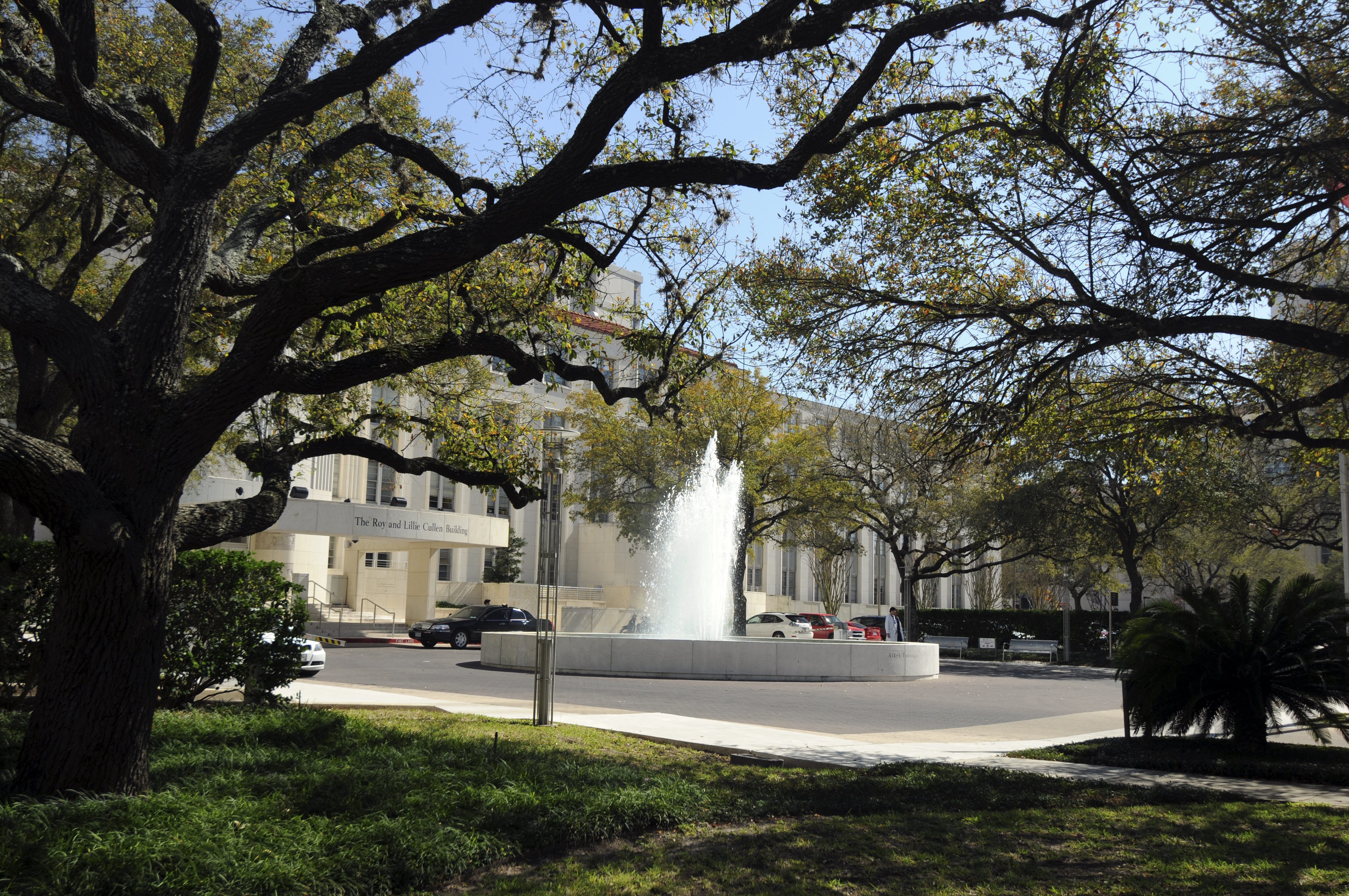Proposed changes to Federal rules are a step closer to making producers of electronic and other goods more responsible for dealing with their products at the end of their life and would help NSW councils’ waste and recycling management efforts.
Local Government NSW (LGNSW) President Linda Scott welcomed the proposed changes, announced this month as part of the Commonwealth’s review of its Product Stewardship Act, and said it was something LGNSW had been pushing for years.
“It has taken a significant amount of time for the Federal Government to conduct its review and in the meantime the deadline for waste export bans looms closer and closer,” Cr Scott said.
“So we are pleased the Federal Government has listened to our calls and is proposing improvements to the product stewardship framework that would result in producers taking greater responsibility for their products when they reach the end of their lives.
“In fact, many of the recommendations in the review are a step towards the recommendations in LGNSW’s submission to the Federal Government.”
Last week the Government also announced $20 million in funding as part of its Product Stewardship Investment Fund, which will provide grants of up to $1 million to support manufacturers, retailers and industry groups to take greater responsibility for the entire life cycle of the products they sell.
And the proposed extension of the National Television and Computer Recycling Scheme (NTCRS) to all corded/battery electronic products would support councils currently left to “carry the can” for the management of non-eligible items presented at kerbside and recycling centres.
Cr Scott said the review also considered shifting emphasis from producers making stand-alone products to being more responsible for greater stewardship across a product’s life cycle, including recycling for NTCRS products.
This could include future initiatives such as manufacturers being more responsible for product waste collection, possible contributions to recycling costs and waste management support.
“This push is in line with what LGNSW has called for on behalf of councils for years now through our Save Our Recycling campaign,” Cr Scott said.
“LGNSW would have liked to see the changes go even further and be made mandatory instead of voluntary as well as building end-of-life management into the cost of making products and doing business and not leaving it for councils to fund.
“This would create greater incentives for better product design, especially for reuse and recyclability, and help reduce the impacts on our environment, transitioning to a more circular economy.”
LGNSW has also developed a comprehensive plan, “At the crossroads: The state of waste and recycling in NSW” on behalf of NSW councils, designed to address the looming recycling crisis facing the State.
“The NSW Government collects around $800 million annually through its Waste Levy, but currently reinvests only about 18 per cent back into recycling and waste management,” Cr Scott said.
“That’s money that should be reinvested to deal with the growing waste and recycling crisis facing NSW.”
Cr Scott said LGNSW was calling on the NSW Government to:
- Provide funding to councils to develop regional waste plans and deliver priority infrastructure;
- Increase procurement of recycled goods made with domestic content and support a circular economy;
- Deliver statewide education campaigns to promote waste avoidance and recycling; and
- Introduce producer responsibility schemes for problematic materials.







